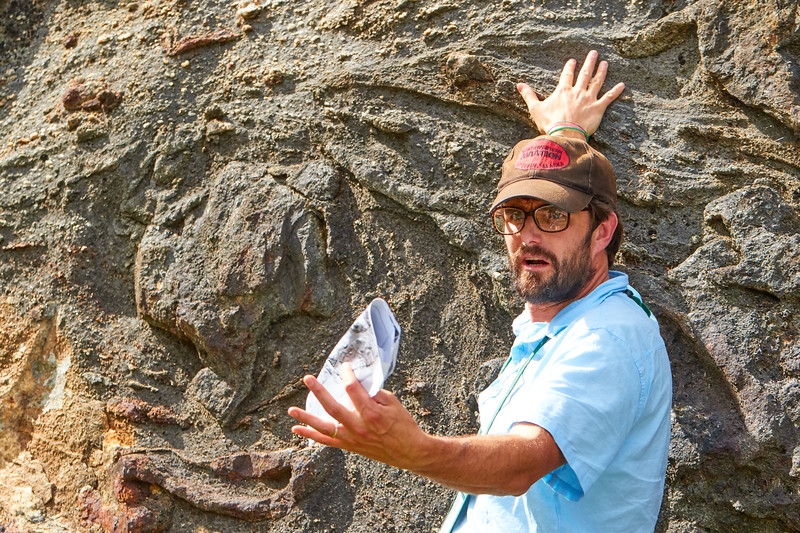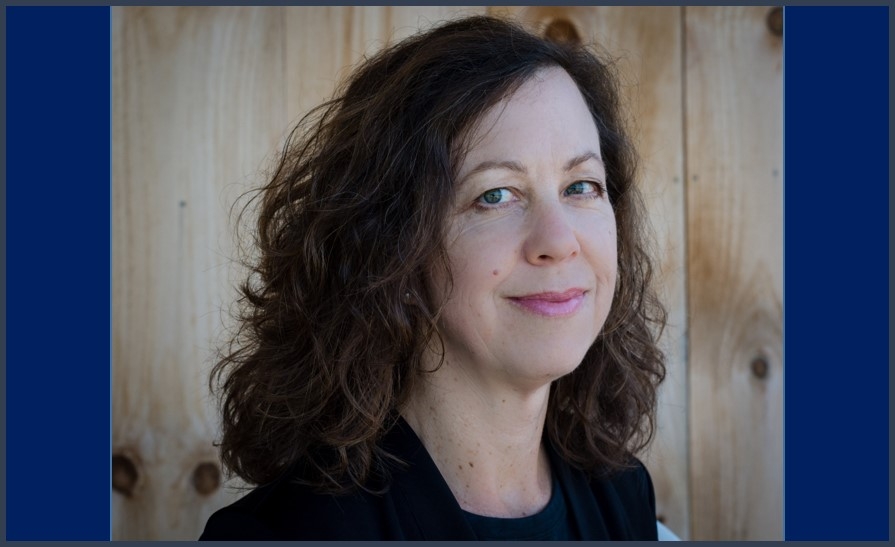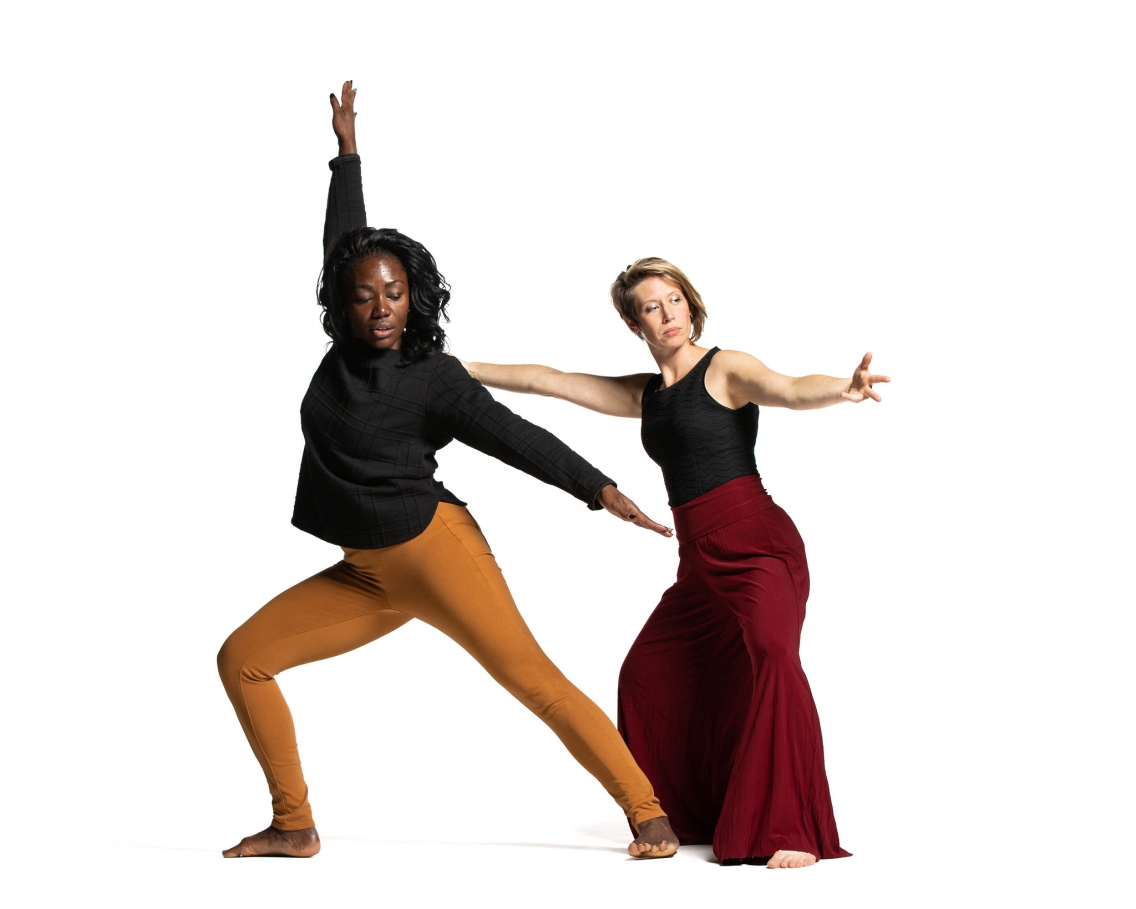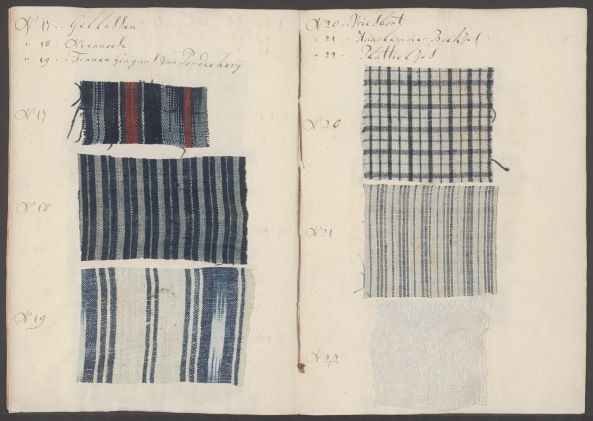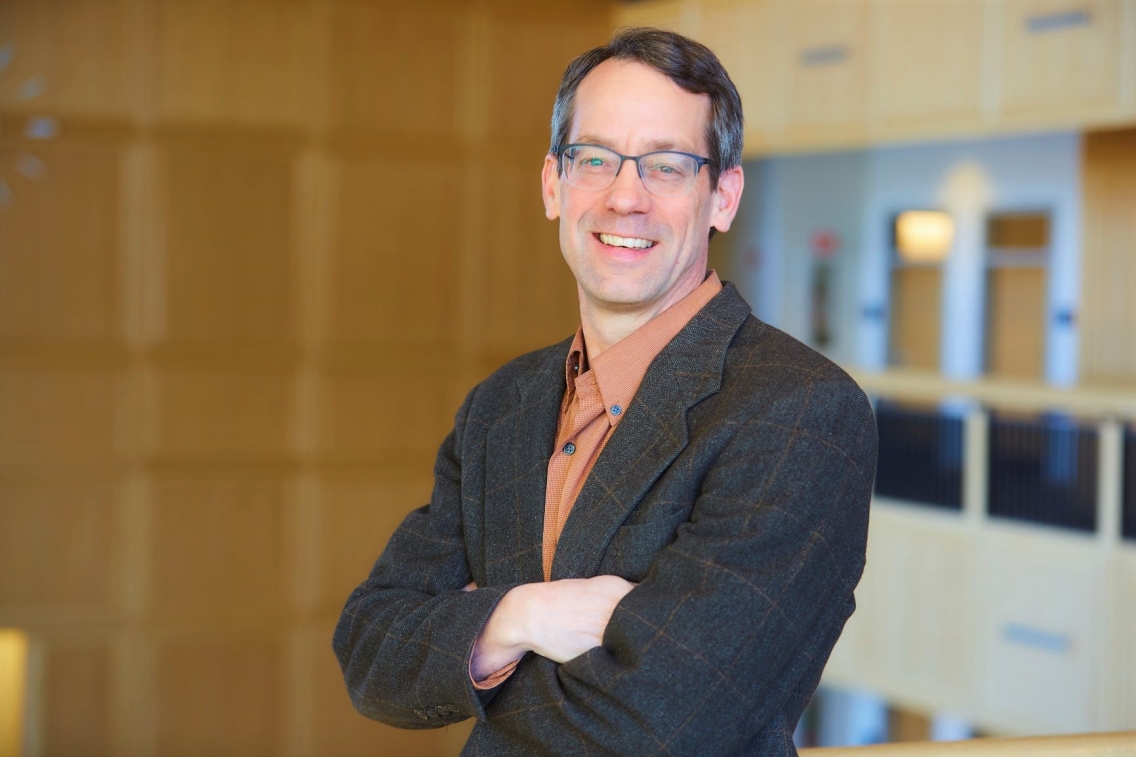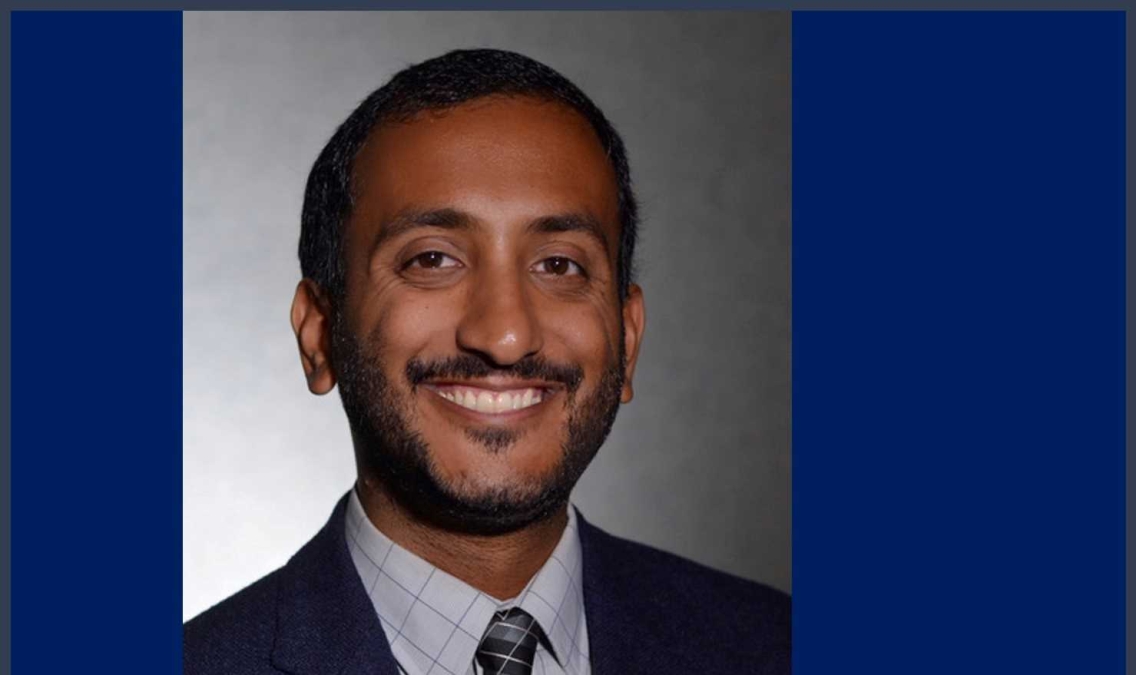Fall 2021 Recorded Series
Fall 2021 Recorded Series
Recordings are available for the following Faculty at Home webinars that have already happened. Recordings are available about a week after the webinar.
Will Amidon - Is the Snow Bowl Getting Higher? How recent tectonic events have shaped the New England landscap
This talk will explore recent research findings that address the longstanding question of when and how the mountains of northern New England formed. We rely on geochemical techniques to determine when rocks were brought to the surface by erosion, when fault zones were actively rupturing to create earthquakes, and when ancient volcanoes were active in the region. Results suggest that New England’s rugged landscape is not simply the decayed remnant of an ancient mountain range, but more likely the product of recent tectonic activity.
Pam Berenbaum - Who’s Responsible for Our Health? The limits of public health paternalism
COVID-19 is an example of a public health threat in which government interventions reach their current upper limit; beyond that, community protection depends on individual behavior. Many public health problems exist at this interface, pitting community health promotion against individual liberties. In this talk, Pam Berenbaum explores the tensions between paternalism and liberty and how they are resolved (or not) through public health policy, using several examples of interventions, statutes, and public compliance.
Christal Brown and Lida Winfield-Same but Different: Turning curiosity into an artistic reflection on race, age, gender, and surviving life
Same but Different is a dance-theater performance created and performed by Christal Brown and Lida Winfield. The scholar-artists explore their similarities and differences in a cultural commentary on race, age, and gender. In this webinar, the artists will share excerpts of the work and discuss how it is a reflection of their lived values, artistic practice, and communal existence.
Carrie Anderson - Between Image and Archive: Blue-and-white textiles in the Dutch global market
Of the many commodities carried on Dutch East and West India Company ships in the 17th and 18th centuries, textiles were by far the most numerous. Not only valuable trade items, textiles were also potent signifiers in an increasingly global world, where clothing played a critical role in shaping identities in colonial and European circles. Although extant examples of these textiles are scarce, painted images and archival documents hint at their social and economic importance. Drawing on research from an ongoing collaborative digital art history project, Professor Anderson’s presentation will explore the various meanings attached to blue-and-white textiles, which were frequently described in archival documents and pictured in images.
Matt Kimble - Trauma and the Brain: How extraordinary events change how we look at the world
Statistics suggest that over 90 percent of us will experience a trauma at some point during our lifetime. How does this affect us? What impact does it have on how we look at the world? In this talk, Professor Kimble will define trauma, look at its effects on the brain, and discuss how these changes might influence how we process information at the time of the trauma and the years that follow. Professor Kimble will share some of the lessons learned and discuss the work he is currently carrying out with students at Middlebury.
Ajay Verghese - Precolonial Ethnic Violence: The roots of Hindu-Muslim conflict in India
Is ethnic violence in the non-Western world a legacy of colonialism or the precolonial period? Professor Verghese evaluates these competing perspectives using the influential case of Hindu-Muslim violence in India. He has constructed a new dataset of all conflicts between Hindu and Muslim states from 1000 to 1850 AD and finds that historical violence began around 1700 AD—before the British ruled the subcontinent.


